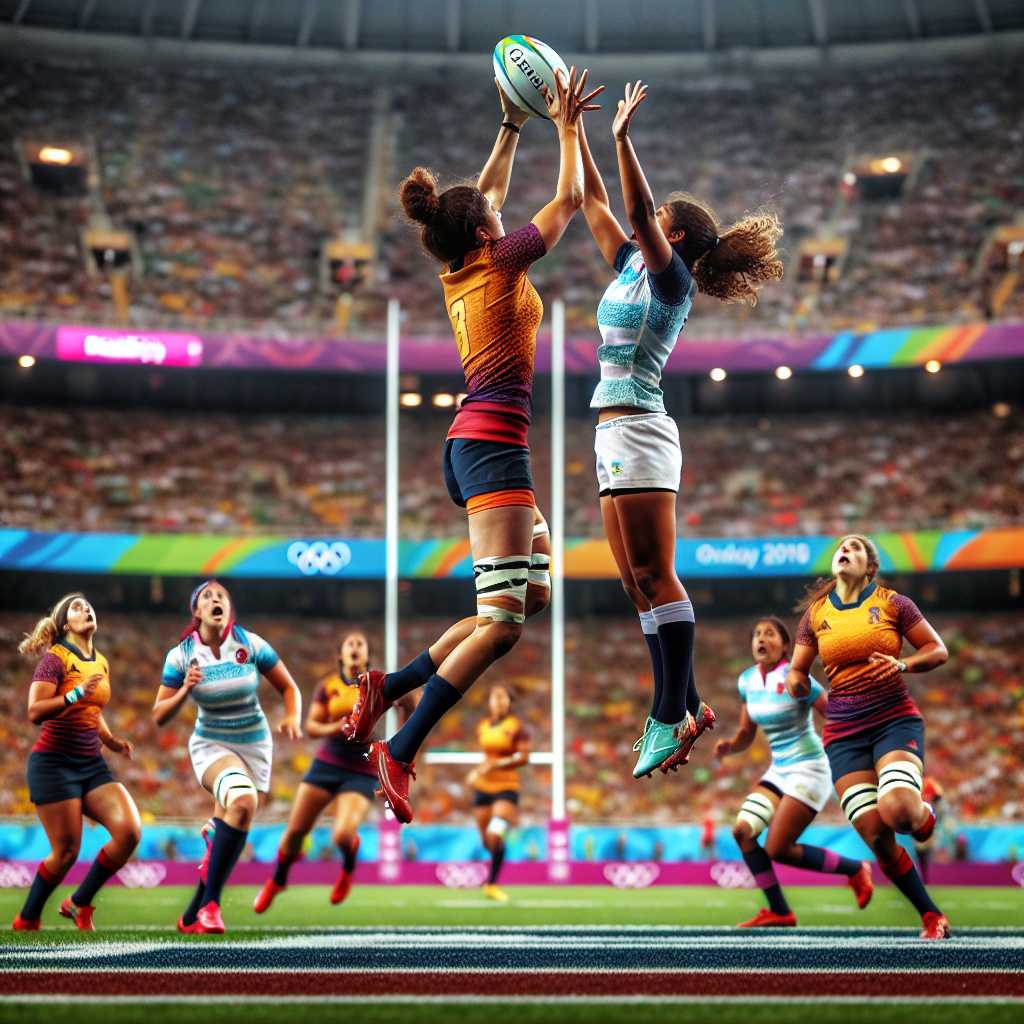### The Rise of Women’s Rugby at the Olympics: A Movement Forward in Sports Equality###
The inclusion of women’s rugby at the Olympic Games has marked a significant step towards achieving gender equality in sports. Once marginalized, women’s participation in rugby has risen to the limelight through the Olympics, showcasing their talents on one of the most prestigious stages in world sports. This article will explore the journey of women’s rugby to the Olympics, its current state, and what it signifies for sports at large.
The History and Arrival of Women’s Rugby to the Olympic Scene
Women’s rugby has a rich albeit less documented history, tracing back to the late 19th century. However, it was not until recently that their presence in the sport began gaining momentum and recognition. Women’s rugby made its Olympic debut at the 2016 Rio de Janeiro Games, ending a 92-year wait since men’s rugby last appeared in the Olympics in 1924.
This milestone was the result of concerted efforts made by World Rugby and myriad women athletes and enthusiasts pushing for gender inclusion in global competitive platforms. The introduction of shorter, fast-paced rugby sevens—a variant involving seven players aside—proved to be conducive both for Olympic scheduling and appealing to wider audiences.
The Rio 2016 Milestone: A Game-Changer
The inclusion in Rio signified more than just an additional sport; it embodied an evolutionary leap towards gender inclusivity within the Olympics’ values and practices. Historically dominated by men, Rio’s debut competition laid down a strong foundation for women in the sport to grow both professionally and in terms of fandom.
New stars were born on this international stage as countries fielded teams composed of extraordinary athletes. The games exhibited high-octane action, speed, and athleticism that captured the thrills endemic to rugby union while maintaining a fresh accessible approach for newcomers to the sport.
Tokyo 2020: Rising Popularity and Competitiveness Climate
The Tokyo Olympics, despite being postponed until 2021 due to the COVID-19 pandemic, saw women’s rugby sevens solidify its reputation as an intensely competitive and entertaining sport. With robust viewerships and greater investment, women’s teams came better prepared, demonstrating a closing gap with their male counterparts.
Countries diversified strategies, showcased advanced technical drills, honed teamwork, and heightened athletic power. From dramatic finishes to spirit-lifting comradery among athletes, women’s rugby in Tokyo served as both inspiration and validation of its much-deserved spot in the Athletics pantheon.
The Road Ahead: Challenges and Expectations
Despite advancements and increased exposure due to the Olympics, women’s rugby still faces challenges such as unequal pay, lesser media coverage, and funding disparities compared to men’s programs. Nevertheless, ongoing legal challenges, policy debates, and growing organic support suggest that movements for equity in the sport are potent and building upon each Olympic success.

